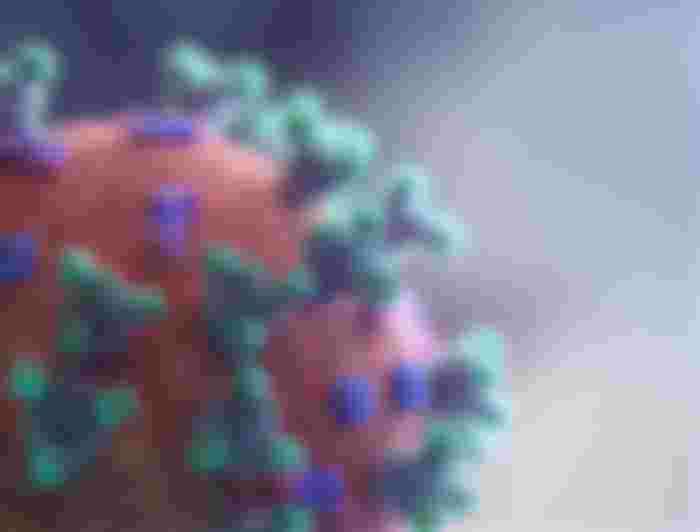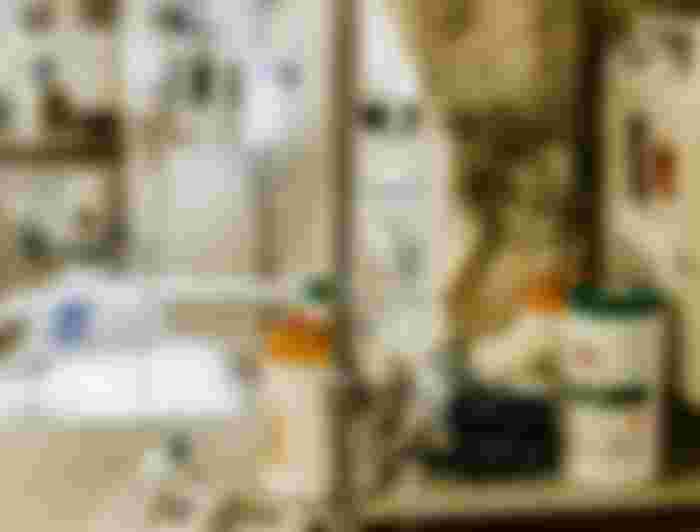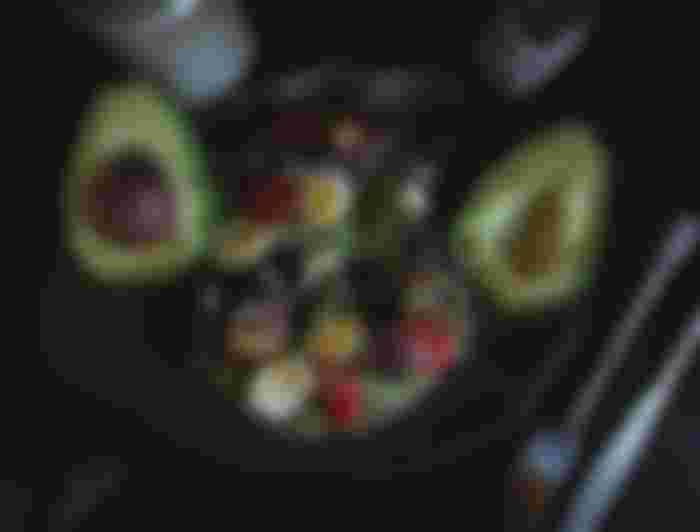We often hear this in the news from a random news anchor saying, "As long as you have a strong immune system and take a lot of vitamins, you have a better chance of fighting of the novel coronavirus."

While there's truth to that statement, it might not always be the case. Some immune systems are not optimized even when people are taking vitamins and supplements.
Why is that so?
Let's dive in first with some basic information.
COVID-19 and coronaviruses
COVID-19 is the name of the disease caused by the SARS-CoV-2 virus. While this virus seems to be making the headlines now due to the worldwide impact of this disease, there are still many coronaviruses out there belonging to the Family Coronaviridae.

You might still be familiar with SARS-CoV, a virus that also began in China in the early 2000s. This virus is greatly similar to the one that's causing this pandemic. It also causes respiratory distress in severe cases.
Another virus from this family is the MERS-CoV which originated from camels in the Middle East.
Though these three often hog the spotlight, let's not forget that there are several strains of coronaviruses that often cause the common cold. Examples of these are the HCoV-OC43, HCoV-HKU1, HCoV-229E, and the HCoV-NL63. These typically cause mild symptoms and are usually benign.
How do viruses operate?
Viruses are nonliving things that contain genetic material enclosed in a protein shell called a capsid. Capsids perform three basic functions, that is to:
protect the genetic material,
deliver the genetic material to the host, and
interact with the host.
Viruses then find a host cell, attach their specific receptors to the host cell, and insert their genetic material into the host cell. This kickstarts the hijacking of cellular machinery, thus making the cell produce numerous copies of the virus.
The cell "bursts," releases the viruses into the body, and the cycle repeats.
How does our immune system respond?
While the intricacies of the basic principles of immunology are too complicated to explain here, the answer is plain and simple.
The immune system gets overwhelmed at first, takes a hold of the infection, then produces antibodies that inactivate and target the virus.

This means that theoretically, further infections could be fought off by our bodies since our immune system has learned how to fight the virus.
The only problem would be opportunistic pathogens that infect our body while our immune system is busy fighting off the virus just like bacteria and fungi. That is the reason why patients take antibiotics if another infection is suspected.
Cytokine release syndrome and infections
There's what we call in immunology an immune response called a cytokine storm. That is when the immune system makes a last-ditch effort in killing the pathogen while at the same time damaging healthy cells. While it's effective in killing the pathogen/s, the collateral damage is just too much.
Patients with cytokine storms can experience fever, fatigue, loss of appetite, muscle and joint pain, nausea, vomiting, diarrhea, rashes, fast breathing, rapid heartbeat, low blood pressure, seizures, etc.

This could mean that the patient would be needing intensive care in the hospital.
A strong immune system is still essential
While there might be cytokine storms, the best way to fend off infections is having a strong immune system to avoid experiencing severe symptoms in the first place. This means you have to build your immunity by abiding to the pillars of health.
Eating a healthy diet
A balanced diet makes sure that you have all the essential nutrients and vitamins that you need. While you could take multivitamins, it's much better to take it from natural sources that you can eat on your plate.

Taking too many vitamins is also not good. It's like speeding up a construction by pouring in more materials. It's simply not feasible.
Exercising daily

Exercise keeps the body active and produces endorphins, your body's feel-good hormones.
Exercise has been established that it could boost your immune system.
Sleep, sleep, sleep
Sleeping can also boost your immune system. It has been shown that persons who sleep less than 8 hours a day are more prone to being sick than those who sleep at least 8 to 9 hours a day.

This means that getting enough sleep not only keeps you rested but also gives you additional benefits.
Controlling stress

Stress releases your stress hormone cortisol which can also tax your immune system.
When you avoid stress your immune system is optimized and could do more than when you are stressed.
Takeaway
Our immune systems are simply a complex feat of evolution that simply is too complicated to boost.
Popping a pill or two could not boost your immune system if you're living a crappy lifestyle.
It means that you need to abide by the four pillars of health in order to boost and optimize your immune system especially with this pandemic going on.
Couple that with proper personal hygiene, you could greatly decrease your chances of acquiring an infection.

Stay well, be healthy, and wash your hands.








